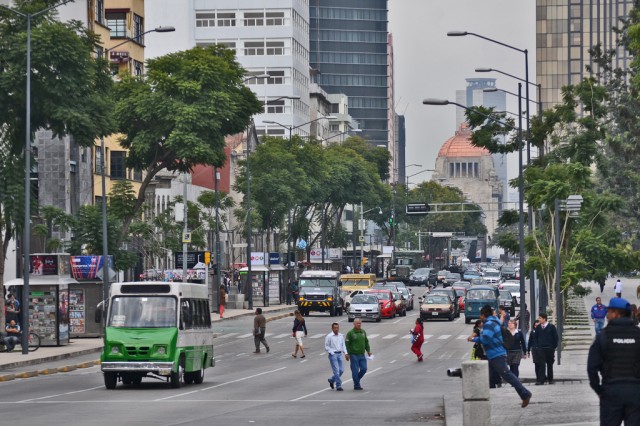
The genetic diversity of the Mexican population is so vast that two people of Mexican descent can be as genetically different from each other as a European and a Chinese person. That's the finding of researchers from UC San Francisco, Stanford, and the Mexican National Institute of Genomic Medicine. It's considered the first, large-scale analysis of its kind, and the study could change the way health care is delivered to Mexican-Americans. It helps drive forward the move toward personalized medicine.
KQED News anchor Mina Kim spoke with UCSF Professor Esteban Burchard, one of the co-authors of the study, during a Thursday evening newscast. Burchard described that because of "historical factors, geographical factors, linguistic factors," the researchers identified that indigenous populations in Mexico are genetically distinct. The genetic ancestry mirrors the geography of Mexico."
Researchers looked at contemporary Mexican populations of mestizos, people of mixed European and indigenous blood, and were able to "precisely trace back their genetic ancestry to particular indigenous groups or tribes," Burchard said. "It has tremendous implications for medicine. From there we used a simple case of lung measurements, where we measured the size of (a person's) lungs, and we demonstrated that the type of Native American ancestry you have determined the size of your lungs."
This information can influence the way a doctor might treat a patient with a specific illness, and the findings are relevant far beyond Mexico. Burchard said that the methods the team used, and the findings, are generalizable globally. Part of the impetus for the study was to diversify genetic research itself. Burchard noted that "96 percent of contemporary modern-day genetic studies have been done in populations of European origin or European Americans."